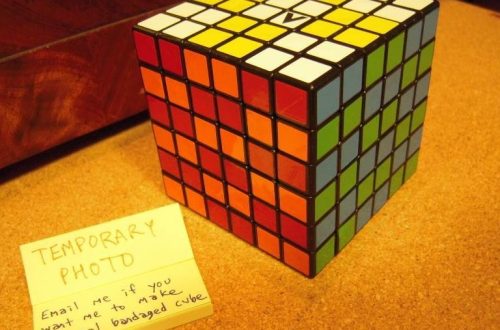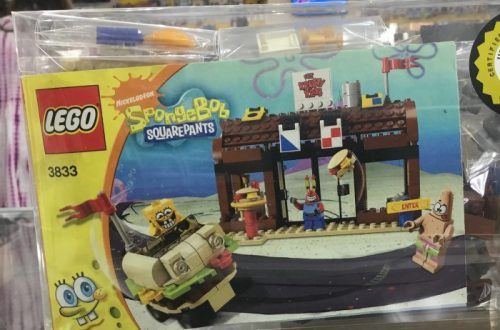Part 1: Introduction to Logic Puzzles
Logic puzzles are mental exercises that demand critical thinking, deduction, and problem-solving skills. They entail a scenario with clues. Solvers use logic to deduce the correct solution. Although challenging, logic puzzles are highly rewarding, delivering a sense of accomplishment. Successfully solving them provides deep satisfaction. In this article, we will delve into strategies and tips for solving logic puzzles. These will aid beginners and experienced solvers. They will help improve puzzle-solving abilities. Logic puzzles are a popular form of mental exercise, requiring critical thinking and problem-solving skills. These puzzles involve a scenario with clues, and the solver must use logic to deduce the correct solution. While challenging, logic puzzles are highly rewarding, offering a sense of accomplishment and satisfaction when successfully solved. This article will explore strategies and tips for solving logic puzzles, helping both beginners and experienced solvers improve their puzzle-solving abilities.
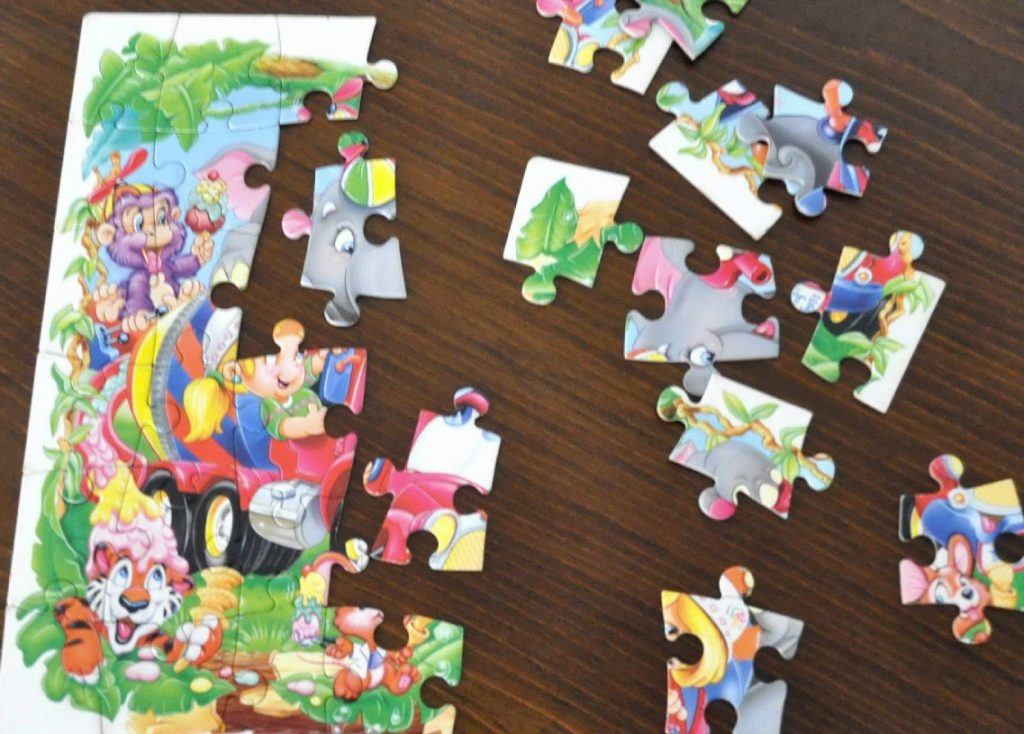
Part 2: Strategies for Solving Logic Puzzles
1. Read the Clues Carefully:
When approaching a logic puzzle, it’s essential to thoroughly read and analyze each clue. Pay attention to specific information and its relevance to other clues. Identify keywords or phrases that suggest a relationship or condition. Comprehensively understanding the clues is a vital initial step in solving logic puzzles. Carefully analyzing each clue is essential. Note specific information and its relation to other clues. Identify keywords indicating relationships. Thoroughly understanding the clues is crucial. It’s important to carefully analyze and note the information provided in each clue. Pay close attention to the relationships and key phrases. Understanding the clues thoroughly is a crucial first step in solving any logic puzzle effectively. Ultimately, careful analysis and understanding of the clues are fundamental to successful logic puzzle solving.
2. Use the Process of Elimination:
As you work through clues, use the process of elimination to rule out possibilities that do not fit the given conditions. Cross off options that are contradicted by the clues, gradually narrowing down the potential solutions. This systematic approach can help simplify the puzzle and lead you closer to the correct answer. By eliminating possibilities that don’t fit the given conditions and crossing off contradicted options, this systematic process simplifies the puzzle and guides you toward the correct answer. Utilizing the process of elimination helps to rule out possibilities and simplifies the puzzle-solving process. Ultimately, using the process of elimination systematically narrows down potential solutions, leading to a more effective puzzle-solving approach and a clearer path to the correct answer.
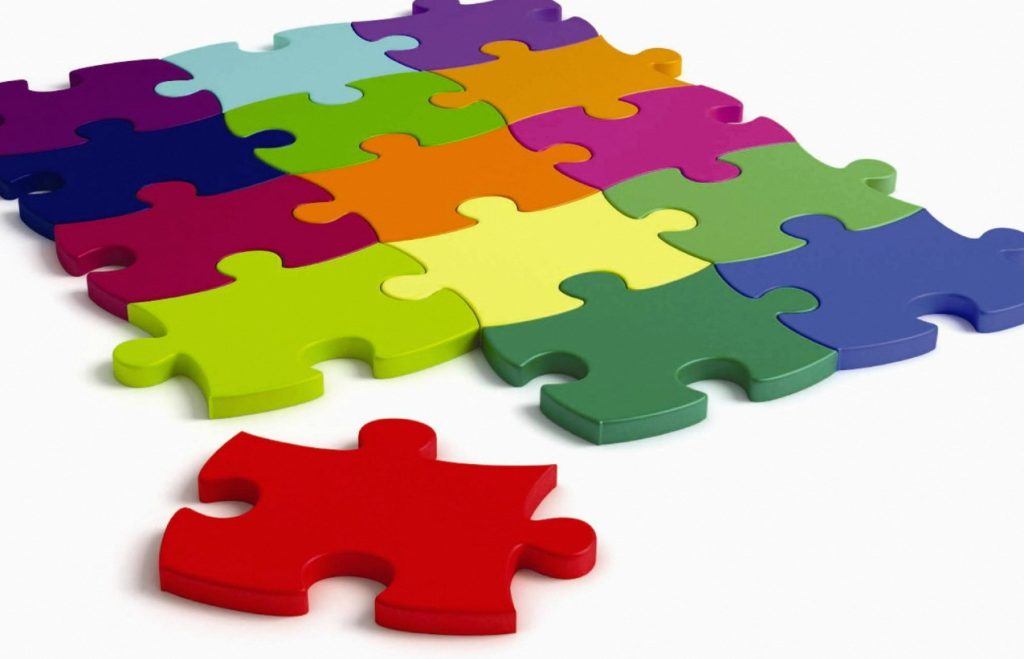
Part 3: Tips for Solving Logic Puzzles
1. Create a Grid or Chart:
Utilizing a grid or chart can aid in visually organizing information in logic puzzles. It allows tracking relationships between elements. This visual representation makes it easier to identify patterns and make logical deductions. A grid or chart can visually organize logic puzzle information. It tracks relationships and possibilities within the scenario. The visual representation simplifies pattern identification and logical deductions. Using a grid or chart in logic puzzles helps to visually organize information. It simplifies tracking relationships and possibilities. A visual representation facilitates pattern identification and logical deductions. Employing a grid or chart in logic puzzles can visually organize the information, tracking relationships and possibilities. This visual tool simplifies pattern identification and logical deductions. Ultimately, using a grid or chart in logic puzzles can enhance your ability to visually organize and solve puzzles effectively.
2. Look for Indirect Relationships:
In certain logic puzzles, relationships between elements may not be explicitly stated. Instead, you have to infer these connections. Look for indirect or implied connections. Consider how conditions interact with each other. Uncovering hidden relationships can improve puzzle-solving. In some logic puzzles, relationships aren’t directly stated. Instead, you have to infer them. Seek implied connections between elements. Analyze how conditions interact.

This can help you uncover hidden relationships. Inferring relationships based on clues can enhance puzzle-solving effectiveness. Exploring indirect connections can lead to a clearer understanding. Identifying implied connections helps to uncover hidden relationships. Considering how conditions interact can improve puzzle-solving. Ultimately, inferring relationships based on clues can enhance your ability to solve logic puzzles effectively.
Part 4: Advanced Strategies for Logic Puzzles
1. Work Backwards:
In complex logic puzzles, working backwards can be helpful. Start with the conclusions and consider their implications. Backtrack to determine true conditions and relationships. This reverse engineering approach can be useful. Start with the conclusions and work backward. It helps to determine true conditions and relationships. Backtracking can unravel complex puzzles. This approach helps deduce the correct answer. Working from solutions to conditions can simplify complex puzzles. It’s particularly useful for intricate logic puzzles. By reverse engineering from given solutions, you can attain the correct answer. This method is particularly beneficial for complex puzzles. Backtracking from solutions can simplify the puzzle-solving process. Ultimately, working backwards can help you deduce the correct answer in complex logic puzzles.
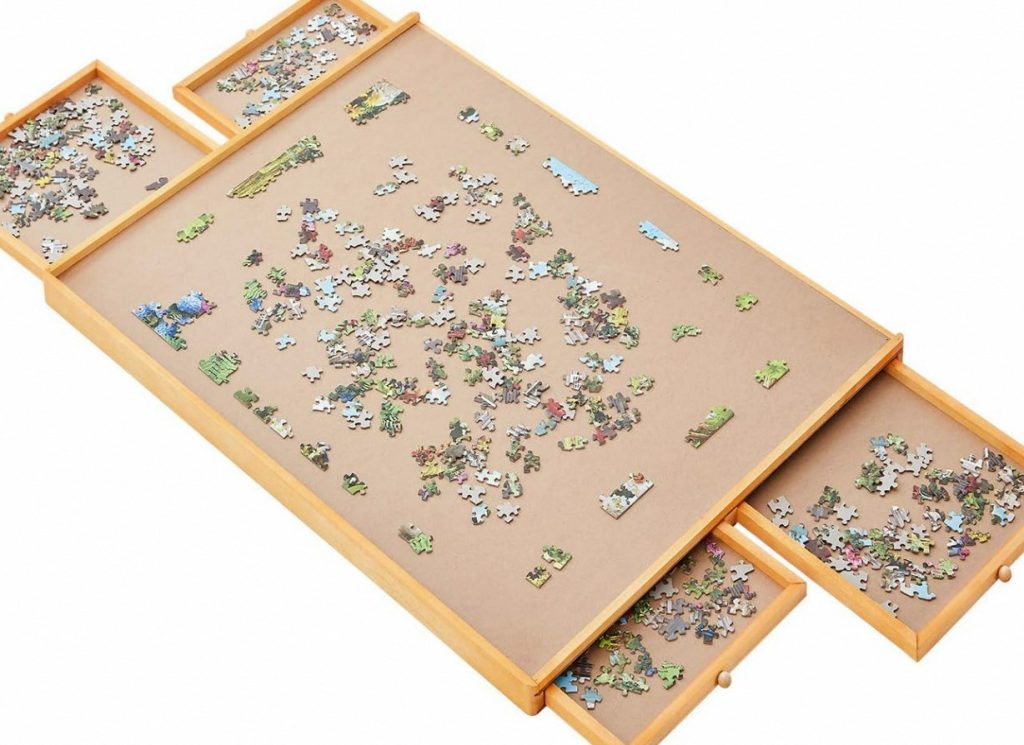
2. Practice Regularly:
Improving at logic puzzles comes with practice. Engaging with various puzzles helps develop problem-solving abilities. Diversifying theme and difficulty levels expands puzzle-solving capabilities. Regular practice hones logical reasoning skills. Engage with a variety of puzzles to challenge yourself. This helps to expand your puzzle-solving capabilities. By tackling different types of logic puzzles, you can enhance your problem-solving abilities. Regular engagement with puzzles of varying difficulty levels contributes to honing logical reasoning skills. Diversifying the themes and types of puzzles you tackle can broaden your puzzle-solving capabilities. Engaging in regular practice with logic puzzles allows for the development of critical thinking and deduction skills. Ultimately, regular practice and exposure to diverse puzzle types can help improve your ability to solve logic puzzles effectively.
In conclusion, logic puzzles offer a stimulating and rewarding mental challenge, requiring solvers to think critically and use deductive reasoning to arrive at the correct solution.

By employing strategies such as carefully reading the clues, using the process of elimination, creating visual aids, and practicing regularly, solvers can improve their ability to solve logic puzzles effectively. Whether you’re a newcomer to logic puzzles or an experienced enthusiast, applying these strategies and tips can enhance your puzzle-solving skills and provide a more enjoyable experience as you tackle these intriguing mental challenges.
